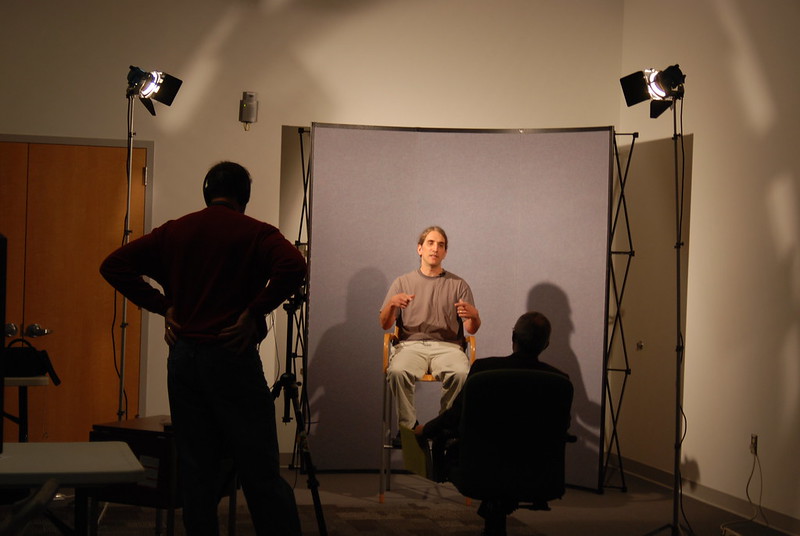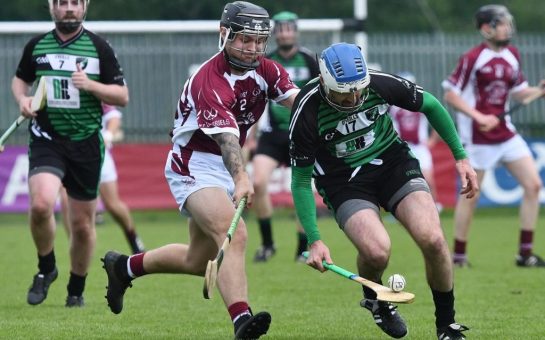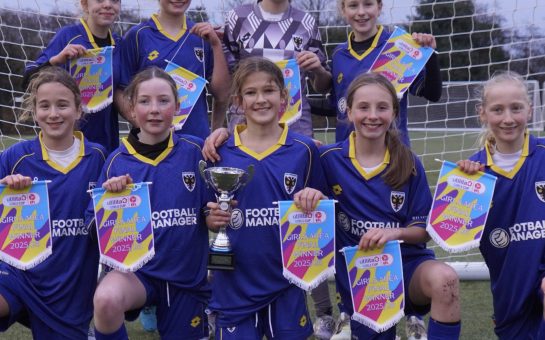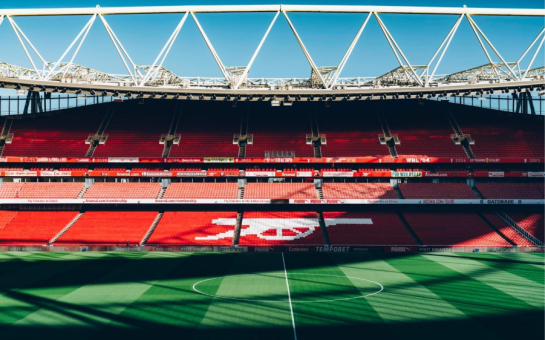Athlete’s voices are seen as having an elevated value because of the global, financial, and cultural power of sport, causing them to go through media training to make sure what they say to the public fits the values of their sport or team.
Media training offers these influential sportspeople the tools to get their intended points across during interactions with the media as they navigate this responsibility.
The debate rages as to whether there is an obligation for players to give their opinions as sport becomes increasingly intertwined with geo-political situations and current affairs.
James Pearce, a former BBC journalist and media trainer, gave his opinions on the expectations we should have for players when asked about topics, especially as the conversation about Qatar hosting the World Cup intensifies.
He said: “They have an amazing platform if they wish to so I think we should applaud players and athletes who do want to speak out but if someone just wants to focus on their sport we should also accept that, appreciate it and understand it.”
Charlie Mulraine, Lead Personal Development Manager at the Professional Cricketers’ Association (PCA) spoke about how some female cricketers view their position as spokespeople for their rapidly growing game as an opportunity.
He said: “Some female players want to be spokespeople for the sport because they want to encourage more interest and get other women and girls into the game.”
Dialogues on sportswashing are prevalent as regimes including the Saudi Arabian government and Russia use the ownership of Newcastle and hosting sporting events respectively to detract from human rights abuses.
Some sportspeople actively avoid publicly discussing their views and choose to concentrate on their sport.
Pearce adds: “People get into sport because they enjoy playing it and they’re good at it not because they want to be a role model.”
Michael Jordan received criticism when he refused to support African American Harvey Gantt in a 1990 Senate race against a candidate branded as racist several times.
Jordan infamously said: “Republicans buy sneakers too.”
Media training can be useful in providing athletes, who are concerned about being misquoted to fit headlines and narratives, with techniques for facing the media.
Mulraine talked about the PCA being involved in dispelling any worries about not being able to trust journalists.
He said: “We can play a role in helping those players become more comfortable with being uncomfortable and feel they can be themselves in front of the camera.”
Authenticity is something the fans and media demand from athletes, leading to media training being negatively framed on social media and in articles when players appear to be overly trained.
The Forbes interview with US gymnastic gold medallist Sunisa Lee highlighted how the media can shape adverse public opinion.
They said: “Lee’s humility isn’t the result of media training or sponsor coaching.”
For Oliver Wilkins, an Arsenal fan and member, media training is negative for the fans as it impedes players from being honest and relatable.
He believes this disconnect between the fans and the players contributes to dehumanising footballers and ensuring more openness in interviews would take the pressure off the players in the face of fan discontent.
Wilkins notes: “Football is such a big industry and business but so much of it, fans don’t know what’s going on, you don’t see their training or what happens on a match day.”
Social media is increasingly vital to how the public perceives sportspeople, Charlie Mulraine stressed the work the PCA does to provide social media training on top of help with interviews.
Crystal Palace’s Michael Olise went viral for his lacklustre answers in a post-match interview when asked to describe his 94th-minute winner against West Ham.
From James Pearce’s perspective, media training is designed to avoid this as it should help enhance the relationship between the players and the fans which interviewers can facilitate.
“It’s trying to take the fans on that journey with you, that is what a good interview should do,” he said.
This is a sentiment Mulriane supports: “You can show your personality and say a bit about your backstory in a way that promotes the game and your brand as a player.”
The answers are often constructed by the communications and management teams to avoid any risk of players saying things that contrast with the views of their organisation.
Pearce said: “There is also a case of talking to the coaches and persuading them that they cannot just have monosyllabic players.
“If I’m working with England footballers it’s not for me to tell them what to say, it’s for the FA communications team to tell them.”
Media training will continue to be unjustly blamed when players are dull in interviews, but the value comes from the confidence it can give athletes to be themselves, which is all we can expect.
However, as the separation between sport and politics reduces further players will increasingly be required to front up.
Featured image credit: NASA/GSFC/Karen Fox via Flickr under Creative Commons 2.0





